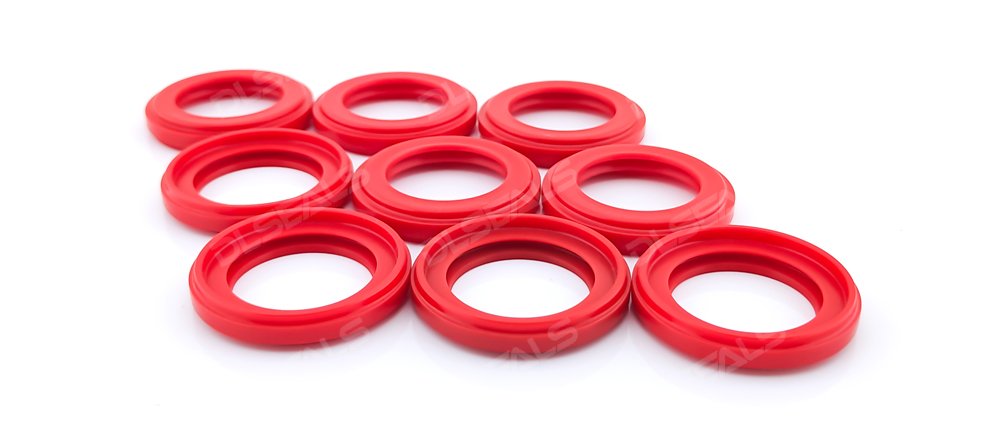Rubber gaskets play a crucial role in sealing solutions across various industries. Understanding their significance and application is essential for ensuring efficient operations and preventing leaks. In this comprehensive guide, we delve into the fundamentals of rubber gaskets and their importance in sealing systems.
What are Rubber Gaskets?
Rubber gaskets are sealing components made from various elastomers such as neoprene, silicone, EPDM, and nitrile rubber. They are designed to fill the space between two or more mating surfaces, creating a tight seal to prevent the leakage of fluids or gases. Rubber gaskets come in a wide range of shapes, sizes, and thicknesses to accommodate diverse sealing requirements.
Importance of Rubber Gaskets:
Leak Prevention: Rubber gaskets act as barriers, preventing the escape of liquids or gases from joints or interfaces. They ensure tight seals, minimizing the risk of leaks in pipelines, machinery, and equipment.
Environmental Resistance: Rubber gaskets exhibit excellent resistance to environmental factors such as temperature fluctuations, chemicals, and UV exposure. This makes them suitable for use in diverse applications, including automotive, aerospace, and industrial sectors.
Flexibility and Versatility: Rubber gaskets offer flexibility in design and application. They can be customized to fit specific shapes and sizes, making them versatile sealing solutions for a wide range of industries and applications.
Cost-Effectiveness: Rubber gaskets provide cost-effective sealing solutions compared to other sealing materials. Their durability, longevity, and ease of installation contribute to reduced maintenance costs and downtime.
Enhanced Performance: Properly installed rubber gaskets ensure optimal performance of machinery and equipment by preventing fluid or gas leakage. This enhances operational efficiency and prolongs the lifespan of critical components.
Applications of Rubber Gaskets:
Rubber gaskets find widespread use across various industries, including:
Automotive: Engine gaskets, transmission seals, and door seals.
HVAC (Heating, Ventilation, and Air Conditioning): HVAC system seals and gaskets.
Plumbing: Pipe gaskets, flange gaskets, and faucet seals.
Electronics: Electrical enclosure gaskets and PCB seals.
Manufacturing: Machine gaskets, O-rings, and seals for hydraulic systems.
Conclusion:
Rubber gaskets are indispensable components in sealing systems, offering reliable leak prevention and environmental resistance. Understanding their role and selecting the right gasket material for specific applications is crucial for ensuring efficient operations and minimizing downtime. With their versatility, durability, and cost-effectiveness, rubber gaskets continue to be the preferred choice for sealing solutions across various industries.
Post time: Jun-07-2024

